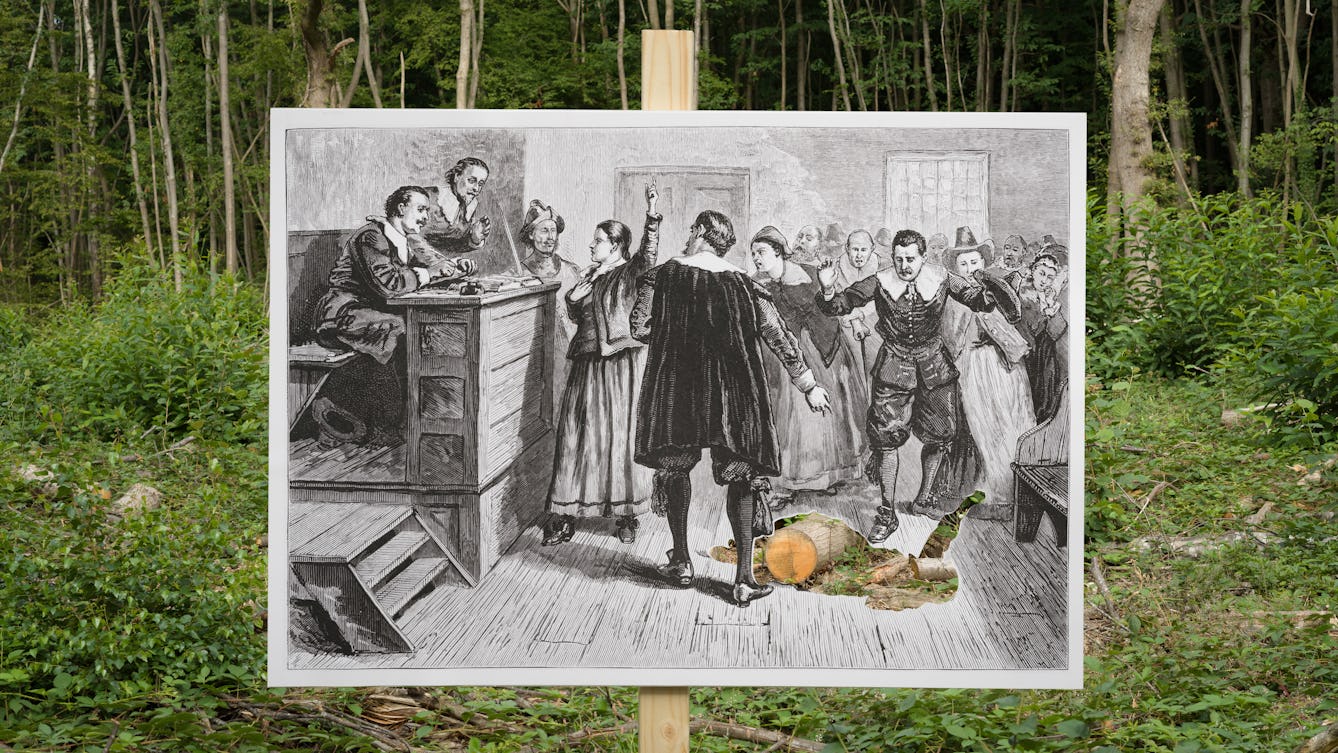
- Article
- Article
How nature is defending itself in court
The idea that nature has legal rights is increasingly being taken seriously, but who gets to speak for it? Isabella Kaminski asks how the non-human can be represented within a human-made system.

- In pictures
- In pictures
The celebrity physician and the plague
The iconic “plague prevention costume” invented by a 17th-century French doctor secured his fame in royal circles. But other aspects of Charles de Lorme’s career made him a controversial figure.
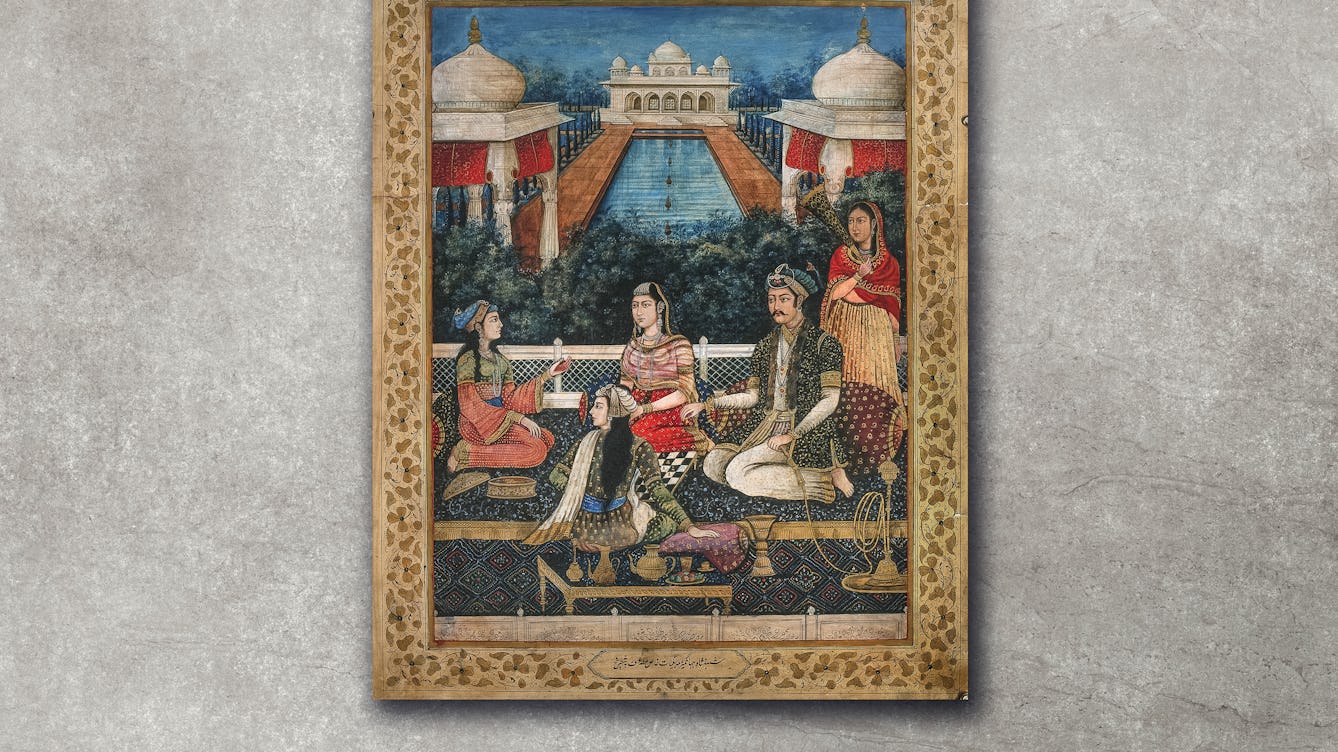
- In pictures
- In pictures
Hookah smoking in colonial Calcutta
Hookah smoking began in the royal courts of Mughal India, and like many other local customs, it was readily adopted by British colonials in the 18th century as a symbol of wealth and status.
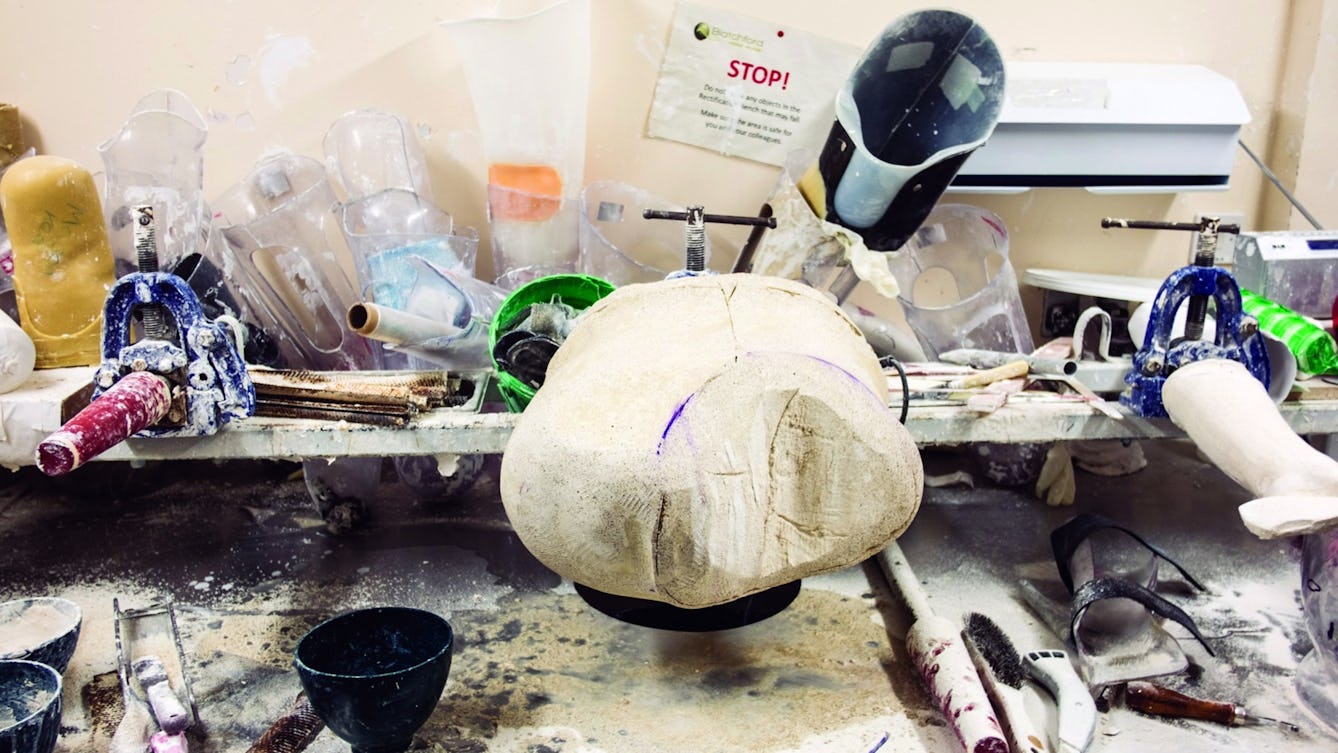
- Book extract
- Book extract
Sockets and stumps
Historian Emily Mayhew has met soldiers who have survived the seemingly unsurvivable. Here, she explores the part prosthetics play in the process of military rehabilitation.
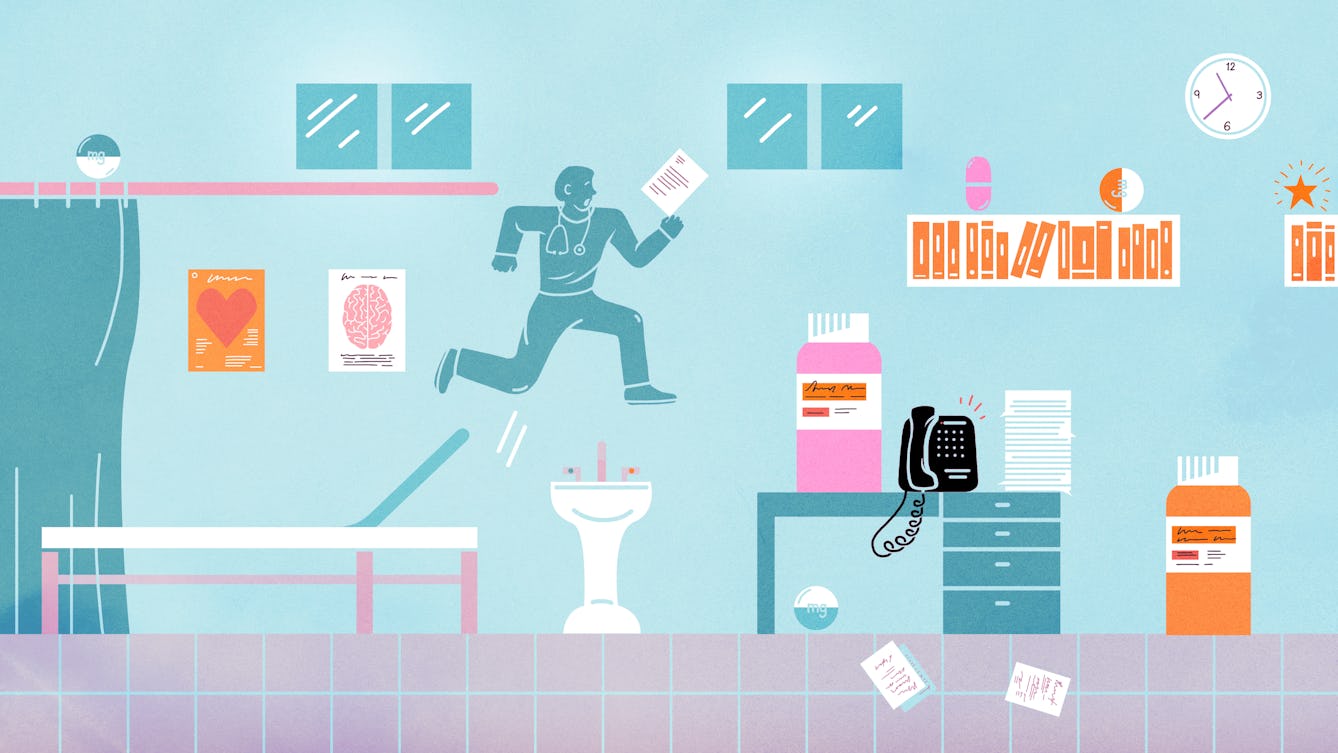
- Article
- Article
Mistakes and perfect medicine
This week our anonymous GP reflects on how a mistake made in a busy, stressful environment could have had serious consequences.

- Book extract
- Book extract
“It wasn’t an accident that I came to you”
Douglas meets psychoanalyst Susie Orbach for a follow-up session, ahead of delivering a difficult verdict.

- Book extract
- Book extract
“I’ve never talked to anybody about this before”
Douglas is furious. He’s at crisis point and needs help. Read the first of his two sessions with psychoanalyst Susie Orbach.

- Article
- Article
Why zombies can’t help coming back
Although it might appear that zombies are a 20th-century phenomenon, created for the horror-movie industry, they’ve actually been around since medieval times. Find out what zombies like to do, and how to get rid of them.
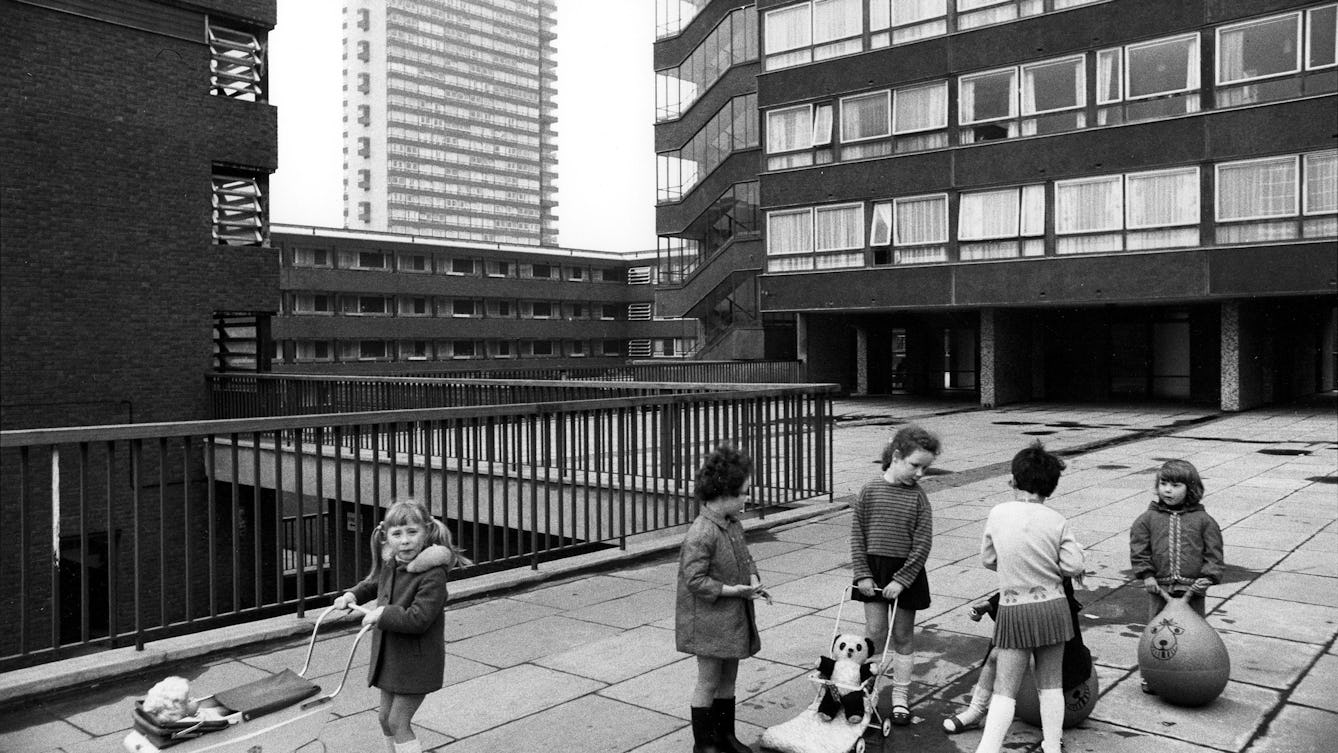
- Book extract
- Book extract
“Above resistant pavements, I floated”
In this extract from ‘Living with Buildings and Walking with Ghosts’, walk with Iain Sinclair through the streets of London.
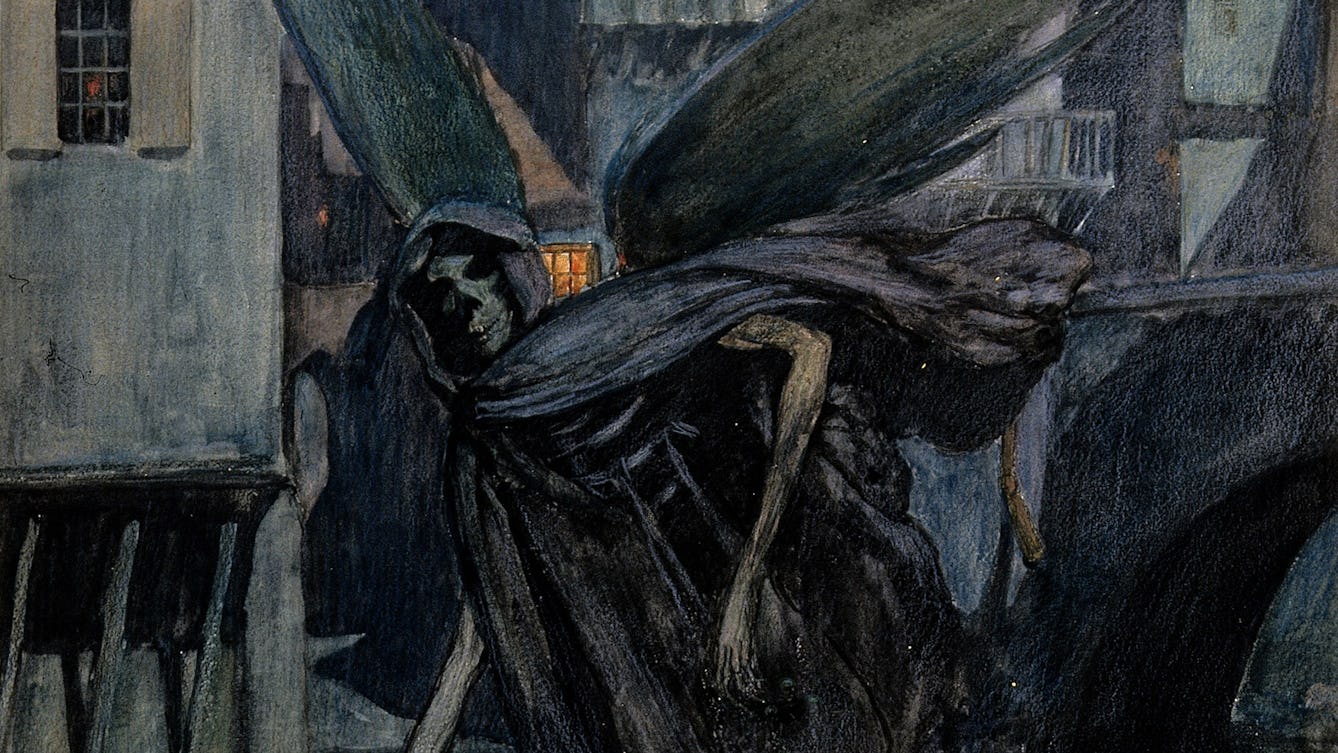
- Article
- Article
The cook who became a pariah
New York, 1907. Mary Mallon spreads infection, unaware that her name will one day become synonymous with typhoid.
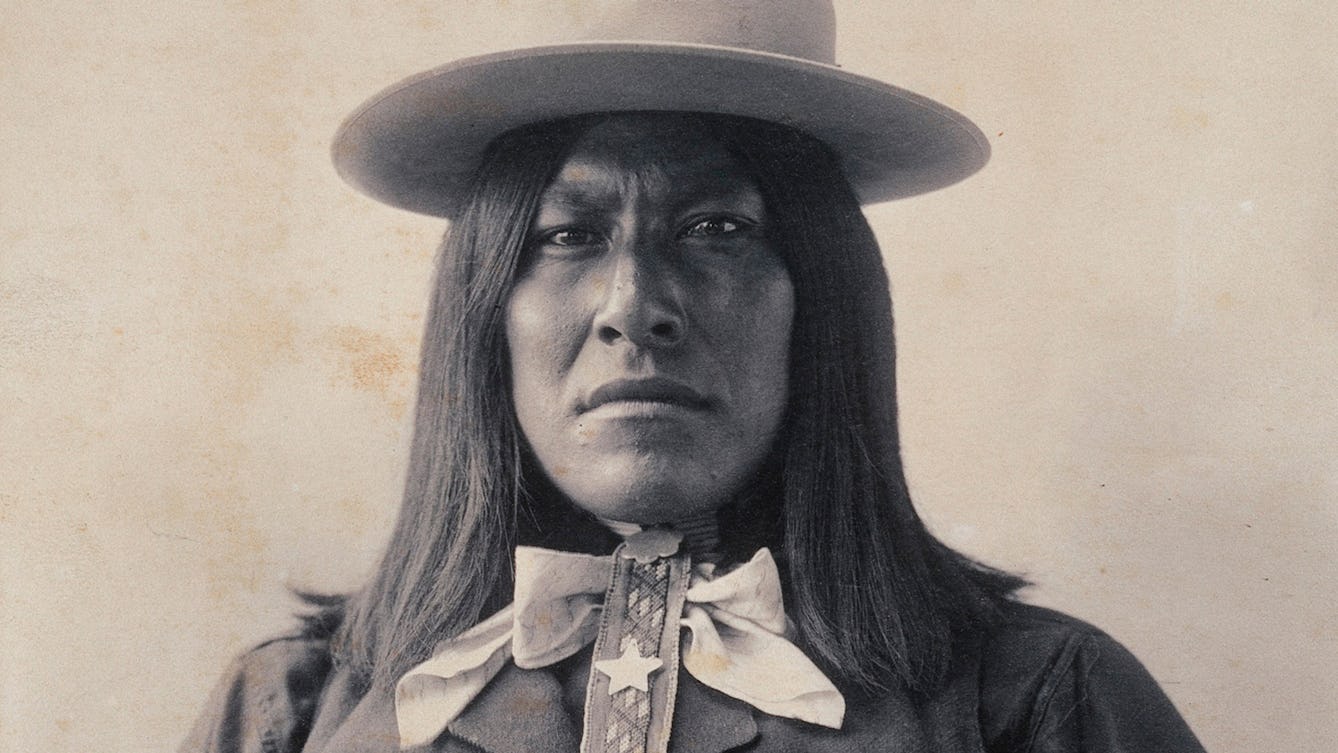
- Article
- Article
Native Americans through the 19th-century lens
The stories behind Rinehart's photographs may not be as black and white as they first appear.
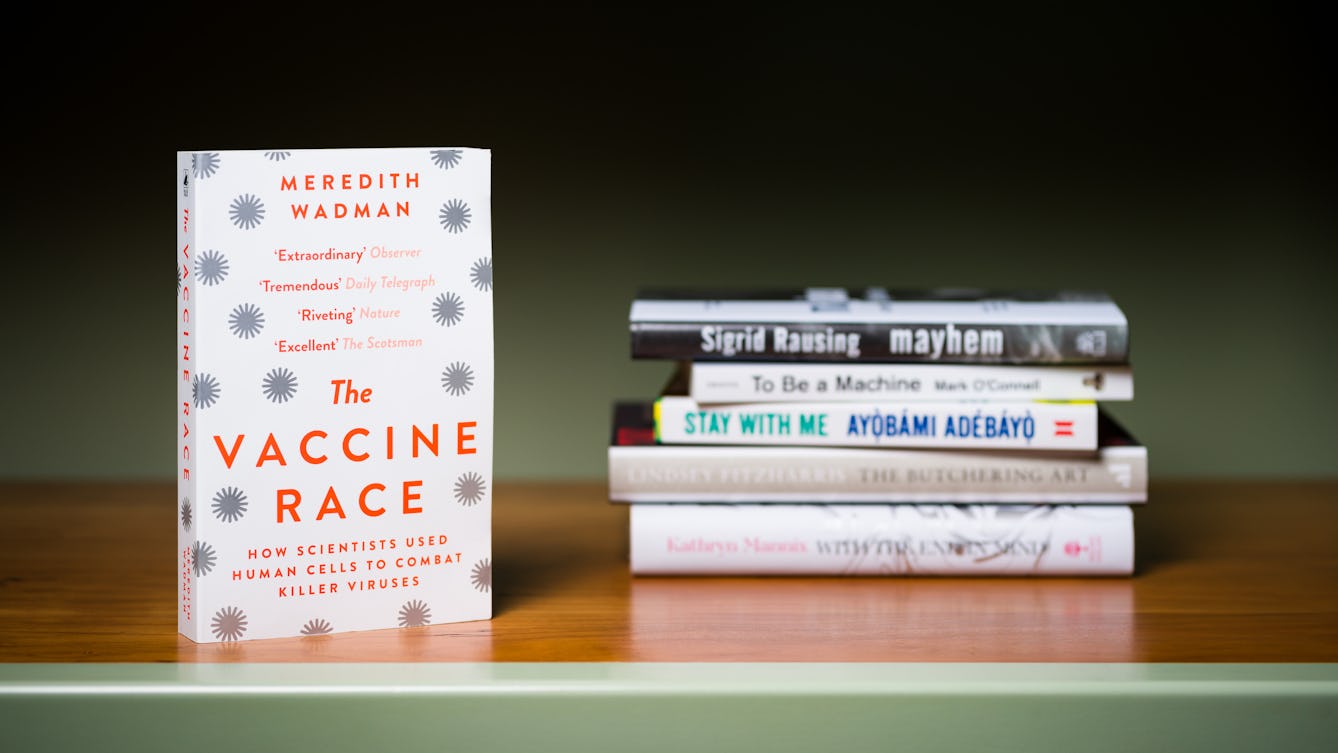
- Article
- Article
Meredith Wadman’s prescription for writing
The Wellcome Book Prize shortlisted author of ‘The Vaccine Race’ answers five questions on health, inspiration and storytelling.

- Article
- Article
The power of unicorns
Discover the unlikely connection between pharmaceuticals and unicorns.
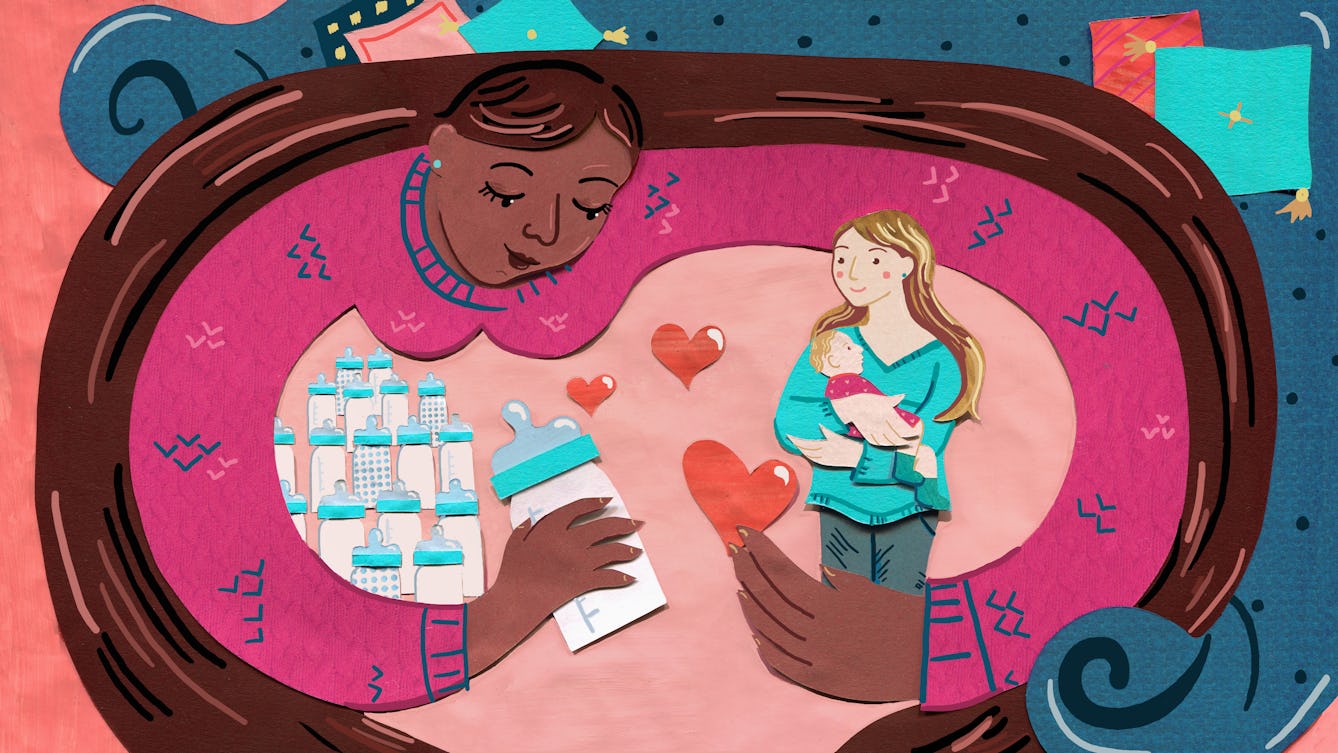
- Article
- Article
Mixed feelings and milk siblings
A friend in need has a profound effect on Alev’s feelings about women sharing their milk in this final instalment of ‘The Breastmilk Market’.

- Article
- Article
The ‘undesirable epileptic’
Abused in her marriage for being 'a sick woman', Aparna Nair looked to history to make sense of the response to her epilepsy. She discovered how centuries of fear and discrimination were often endorsed by science and legislation.

- Article
- Article
The bishop’s profitable sex workers
How did the Church rake in revenue from 14th-century sex regulations? Kate Lister explores a bishop’s lucrative rulebook.

- Long read
- Long read
Primodos, paternalism and the fight to be heard
Journalist Florence Wildblood examines the case of Primodos – a conveniently quick but risky hormone pregnancy test that was prescribed in the 1960s and ’70s – and profiles two women at the story’s shocking heart.
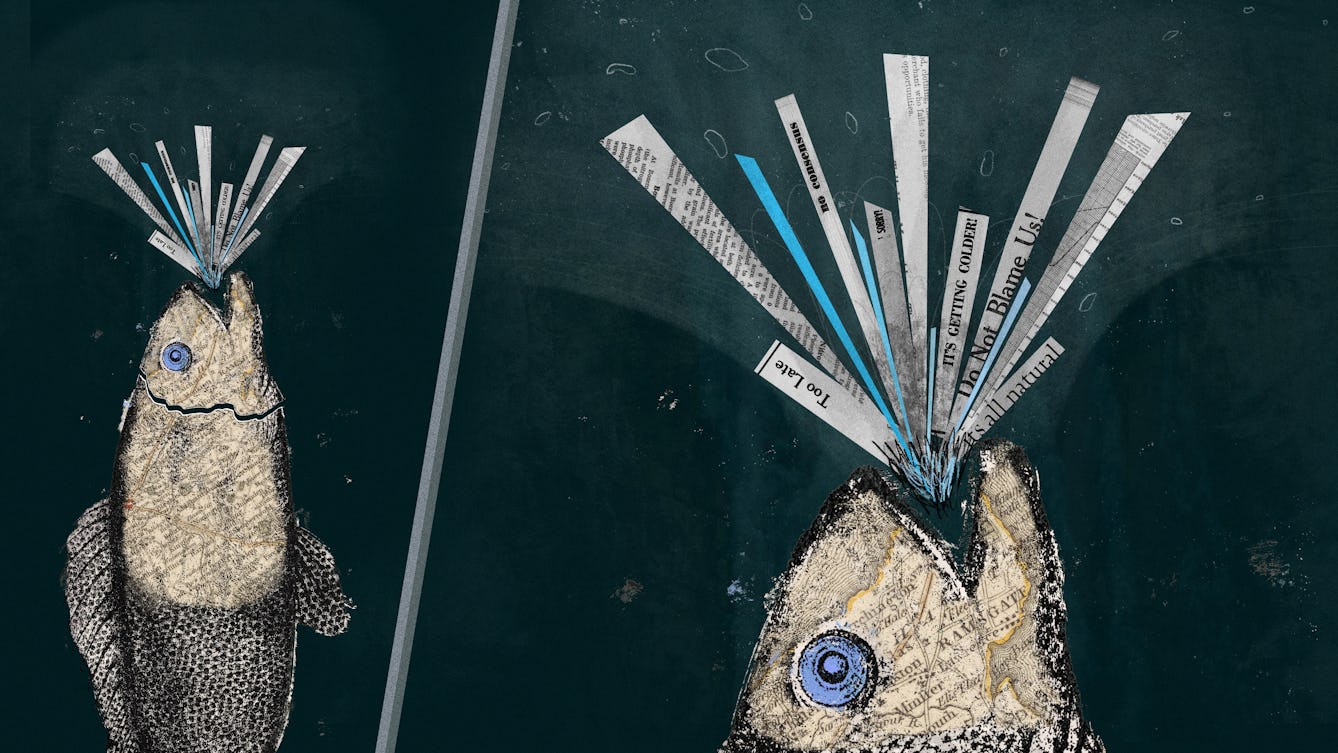
- Article
- Article
Coasting to catastrophe
In climate change, everything – and everyone – is connected. The watery process that will gradually cut off the Isle of Thanet from the British mainland has begun, and everyone in the UK needs to pay attention.

- Article
- Article
The Martians are coming
For over a hundred years, antagonistic alien invaders have been a popular focus for the imagined end of the world. But the destructive consequences of human behaviour is far more frightening.
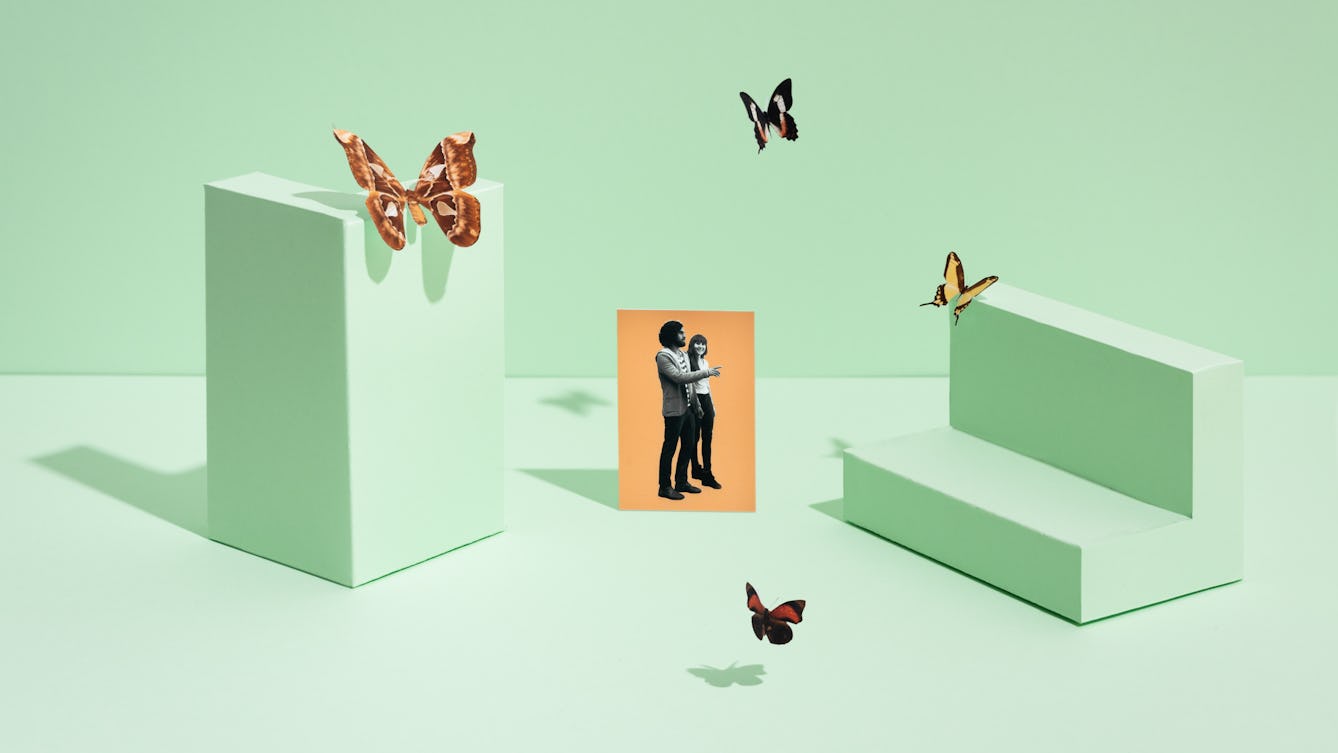
- Article
- Article
A virtual view of history
Step inside Anne Frank’s house or explore the galleries in a museum destroyed by fire. VR brings history and art satisfyingly close when we’re unable to get there in person.

- Article
- Article
Electrical epilepsy and the EEG Test
The EEG (electroencephalograph) literally electrified the diagnosis and treatment of epilepsy. But for Aparna Nair the dreaded EEG tests of her adolescence were a painful ordeal.

- Article
- Article
Families fighting for justice
In 1962 a group of parents whose children had been affected by thalidomide began a decades-long battle in the law courts, the media and Parliament in order to win fair justice for all thalidomide survivors.

- Article
- Article
Duelling doctors
An enduring enthusiasm for 18th-century gentlemen to defend their ‘honour’ by duelling placed doctors in a delicate position. Specially when they faced being shot themselves.
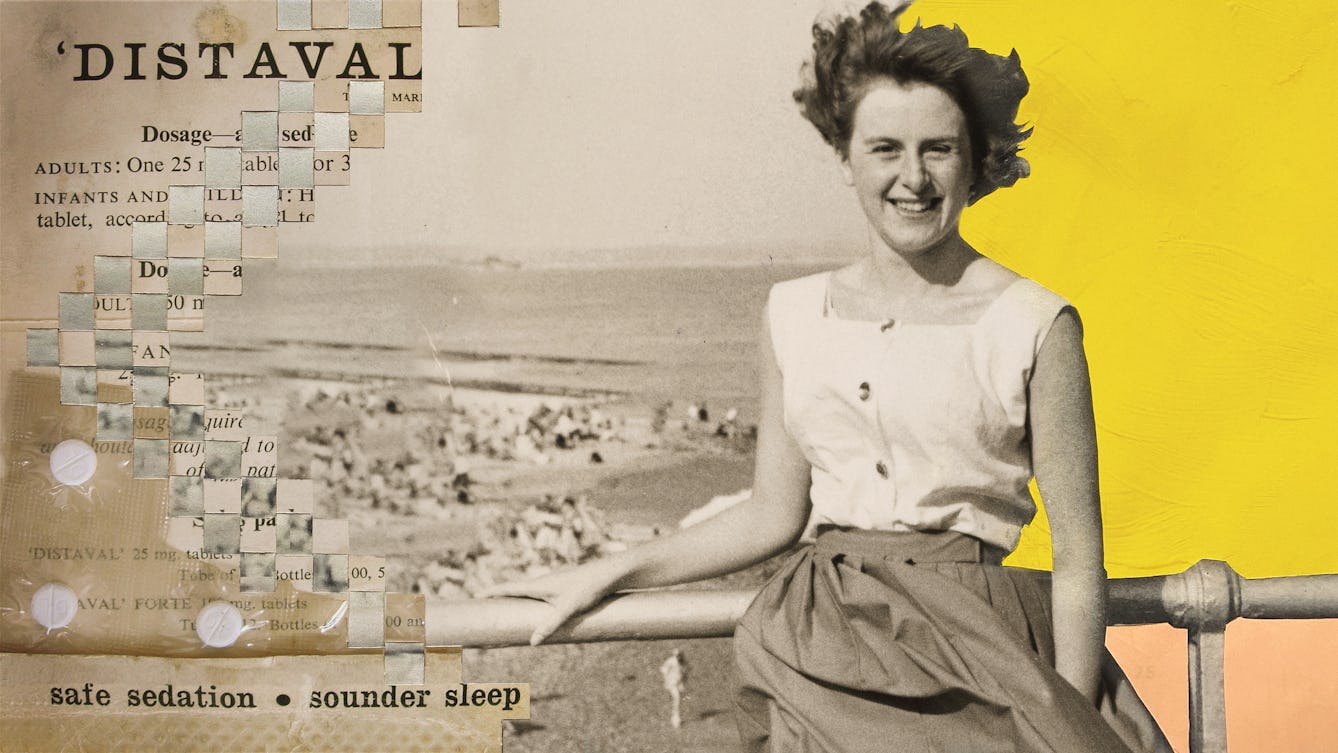
- Article
- Article
Thalidomide, a bitter pill
Hear from some of the women who took the drug thalidomide over sixty years ago about the fear, isolation and grief that they experienced as the appalling pharmaceutical scandal unfolded around them.
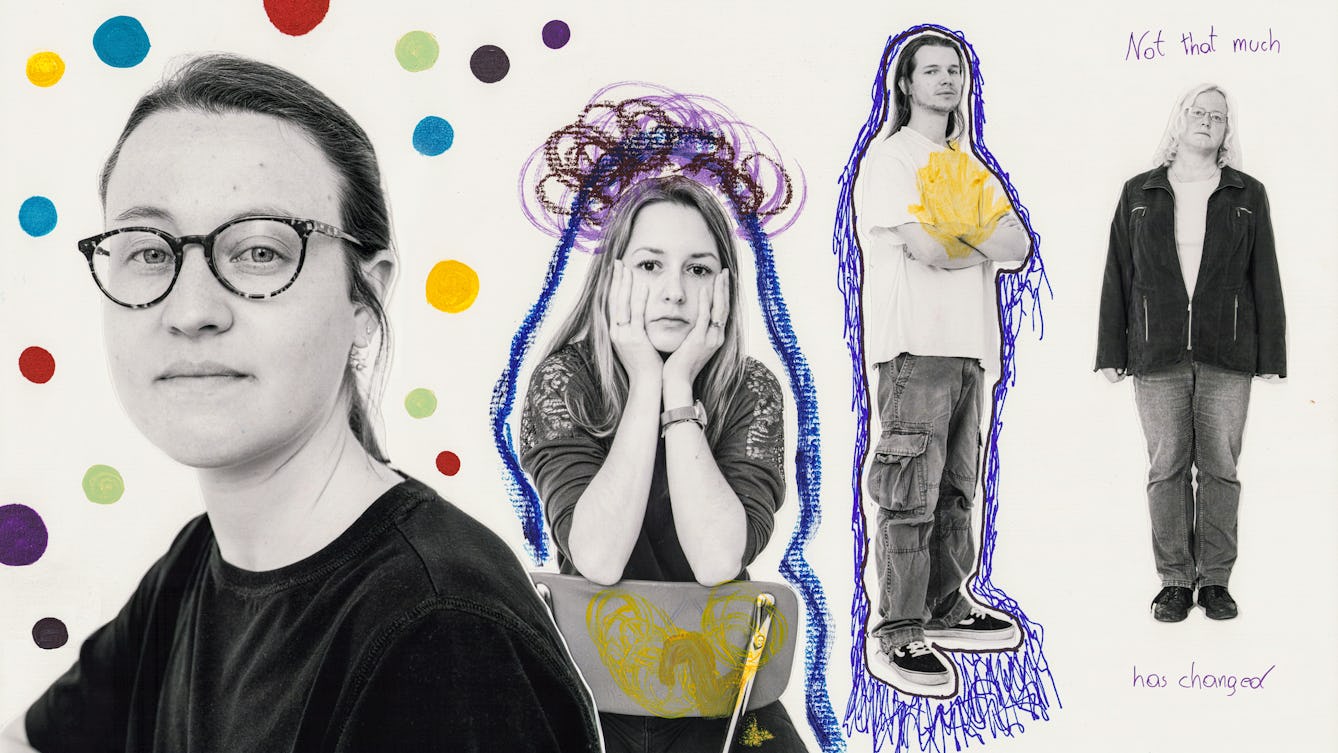
- Article
- Article
Is it really OK to not be OK?
Our mental healthcare system is still the poor relation of services that treat physical illness, and the pandemic has shone a spotlight on this situation. Campaigner James Downs argues for fundamental change.